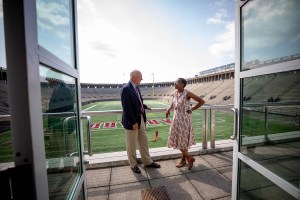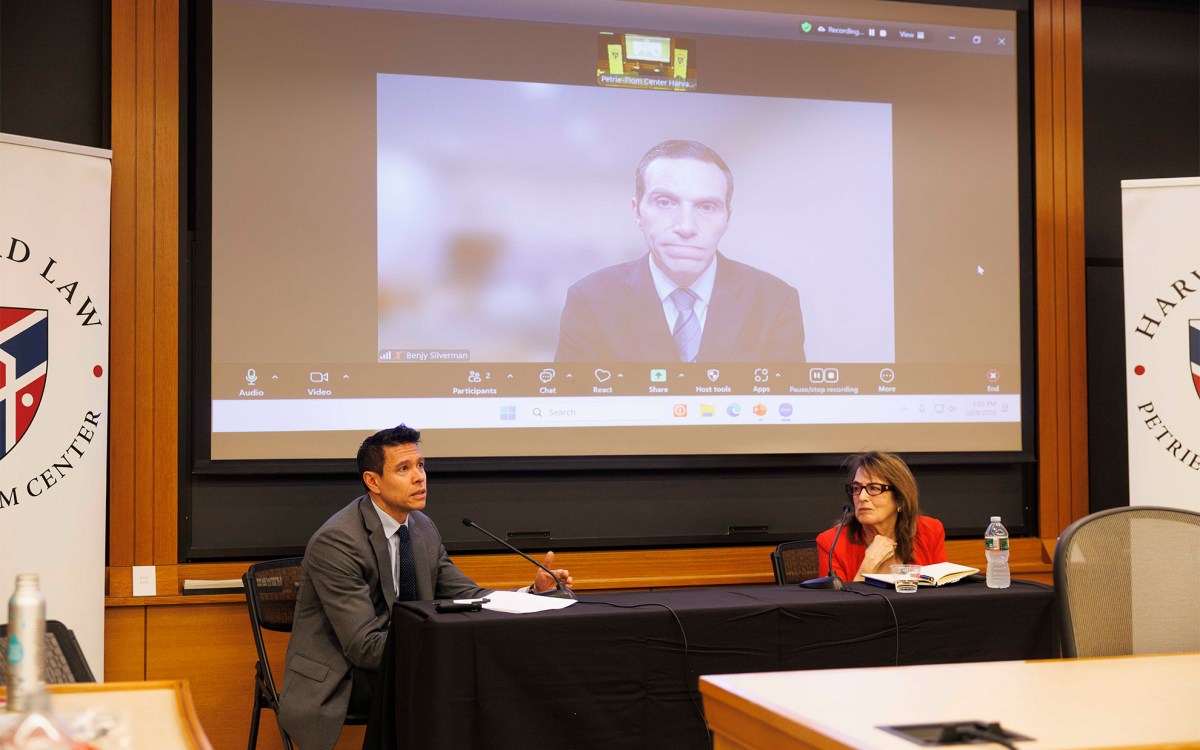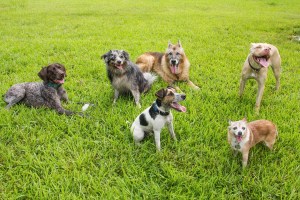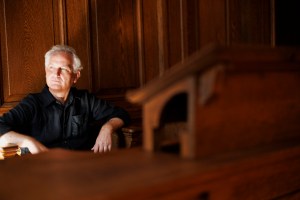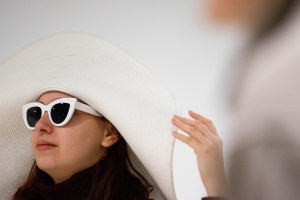Tag: FAS
-
Work & Economy
Hidden costs of emotional labor
Is a smiling flight attendant performing emotional labor? How about the harried mom baking cupcakes for a kindergarten class, or your friend who’s always ready to listen and dispense advice?…
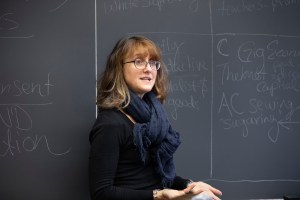
-
Campus & Community
A 40-year road
Minoo Ghoreishi, a single mother of two, earned her bachelor’s degree in government after 40 years from the Harvard Extension School.
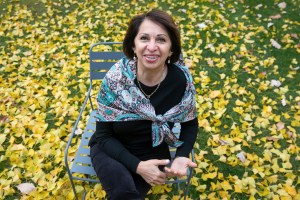
-
Campus & Community
New faculty: Martin Surbeck
A new member of the faculty of the Department of Human and Evolutionary Biology, Martin Surbeck runs one of the few bonobo research sites in the world.
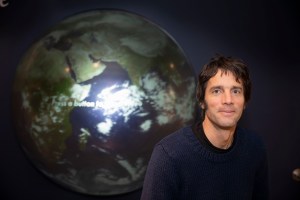
-
Arts & Culture
Angela Davis in black and white and gray
A new exhibit at Radcliffe, curated from Angela Davis’ personal archive, chronicles the life of a complicated activist and scholar
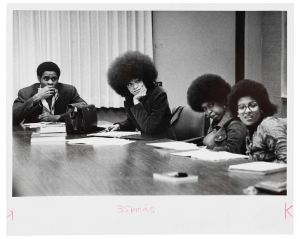
-
Arts & Culture
Hip-hop steps up
In Aysha Upchurch’s new course, “Hip Hop Dance: Exploring the Groove and the Movement Beneath and Beyond the Beat,” students learn the histories behind some of their favorite moves.
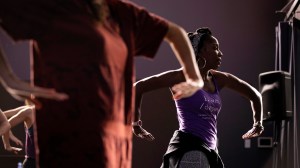
-
Arts & Culture
Music everywhere
Scientists at Harvard published a study on music as a cultural product, which examines what features of song tend to be shared across societies.
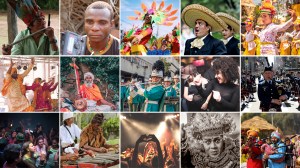
-
Campus & Community
New faculty: Daniel Agbiboa
Daniel Agbiboa sees free and restricted movement as integral to the development of political, economic, and social systems. His work makes connections between these intersections in West Africa.
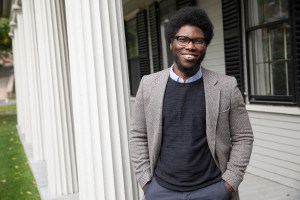
-
Science & Tech
The archaeology of plaque (yes, plaque)
Christina Warinner says ancient dental plaque offers insights into diets, disease, dairying, and women’s roles of the period.
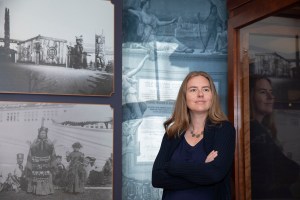
-
Campus & Community
An insider’s guide to the life academic
In a new course offered by the Graduate School of Arts and Sciences, newbies learn the ropes of grad school and how to navigate the world of academia.
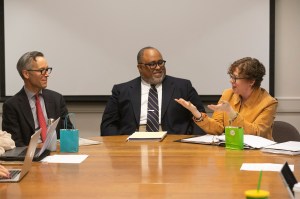
-
Science & Tech
Physics, real and fictional
A Harvard study is exploring the way humans’ sense of “intuitive physics” of the real world leaves fingerprints on the fictional universes we create.
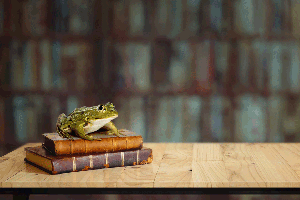
-
Science & Tech
A second look at evolution
Researchers find clues to evolution in the intricate mammalian vertebral column.
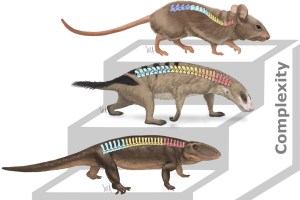
-
Health
Faster testing for illicit drugs
The landscape of the illegal drug trade changes constantly, particularly amid the current opioid crisis. Law-enforcement officers regularly find or confiscate pills, powders, and other substances and need to know…
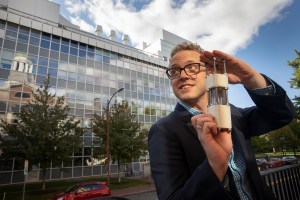
-
Arts & Culture
Lessons of ‘West Side Story’
Cast and crew of Harvard’s new production of West Side Story wrestle with the classic musical’s racial, ethnic, and political complications
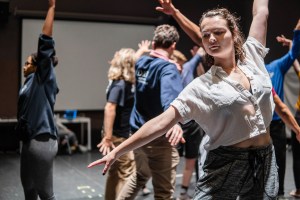
-
Campus & Community
From the service to school
Portraits of four veterans who transferred from community college to Harvard.
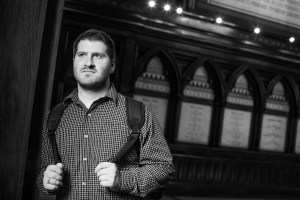
-
Nation & World
Targeting incest and promoting individualism
Harvard Professor Joseph Henrich and a team of collaborators researched how a Roman Catholic Church ban in the Middle Ages loosened extended family ties and changed values and psychology of individuals in the West.
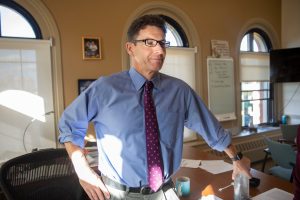
-
Campus & Community
A Navy SEAL who cheated death finds his voice
It is grit and determination that fuel former Navy SEAL and Extension School student Sergio Lopez’s recovery after three heart attacks in succession.
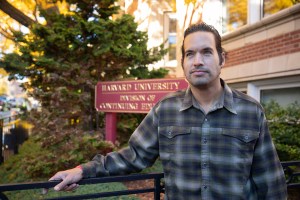
-
Health
How a doctor learned to become a caregiver
Harvard Professor Arthur Kleinman’s wife, Joan, began to struggle with a rare form of early Alzheimer’s disease at 59.
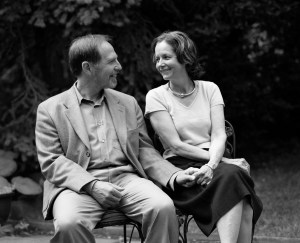
-
Science & Tech
A clue to biodiversity?
An analysis of 20 butterfly genomes found evidence that many butterfly species — including distantly related species — show a surprisingly high amount of gene flow between them, Harvard researchers found.
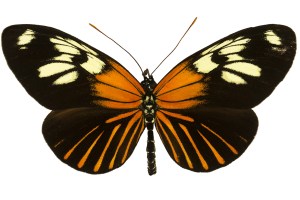
-
Arts & Culture
Inside the house of screams
In a class called “Haunted: Writing the Supernatural,” Harvard students put their imaginations to work creating tales of demons, monsters, and ghosts.
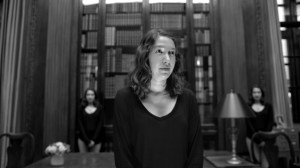
-
Science & Tech
Both marathoner and sprinter
Scientists from Harvard and the University of Virginia have developed the first robotic tuna that can accurately mimic both the highly efficient swimming style of tuna, and their high speed.
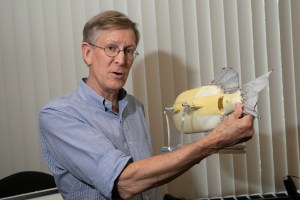
-
Science & Tech
My three suns
Harvard astronomers are studying a newly discovered rocky planet with three suns called LTT1445Ab in the hopes it will provide valuable insights into Earth.
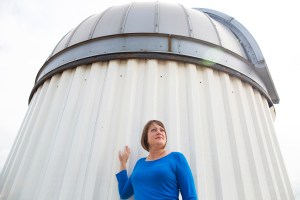
-
Science & Tech
Defending science in a post-fact era
Harvard Professor Naomi Oreskes, author of “Why Trust Science?,” discusses the five pillars necessary for science to be considered trustworthy, the evidentiary value of self-reporting, and her Red State Pledge.
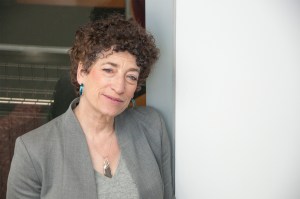
-
Work & Economy
The do’s and don’ts of sharing about your children online
The do’s and don’ts of sharing about your children online, according to a member of the Youth and Media team of researchers at the Berkman Klein Center for the Internet & Society,
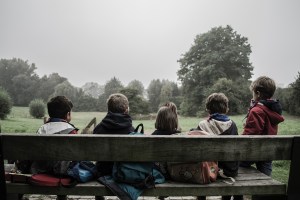
-
Campus & Community
The Harvard band at 100
To mark its 100th anniversary, the Harvard University Band will take to the field during halftime at the Cornell game on Saturday, swelling to 400 performers as alumni join the student members.
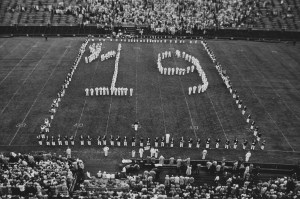
-
Science & Tech
Tiny tweezers
Using precisely focused lasers that act as “optical tweezers,” Harvard scientists have been able to capture and control individual ultracold molecules – the eventual building-blocks of a quantum computer – and study the collisions between them in more detail than ever before.
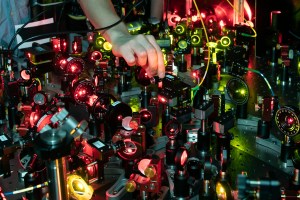
-
Health
You are what you eat — and how you cook it
Scientists have recently discovered that different diets — say, high-fat versus low-fat, or plant-based versus animal-based — can rapidly and reproducibly alter the composition and activity of the gut microbiome, where differences in the composition and activity can affect everything from metabolism to immunity to behavior.
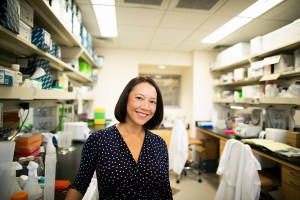
-
Science & Tech
Ending ‘dead zones’
Harvard scientists are teaming up with sustainability officers and landscaping experts to test a new fertilizer that won’t wash into water supplies.
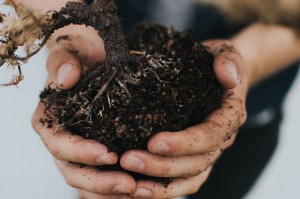
-
Science & Tech
Break it up
Researchers at Harvard and Cornell have discovered exactly how a reactive copper-nitrene catalyst could transform a strong carbon-hydrogen bonds into a carbon-nitrogen bond, a valuable building block for chemical synthesis.
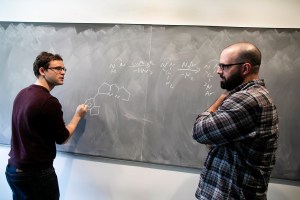
-
Campus & Community
Athletics for the 21st century
In a conversation between Claudine Gay, Edgerley Family Dean of the Faculty of Arts and Sciences, and Bob Scalise, the John D. Nichols ’53 Family Director of Athletics, the student-athlete experience, culture of programming, and department structure are discussed.
